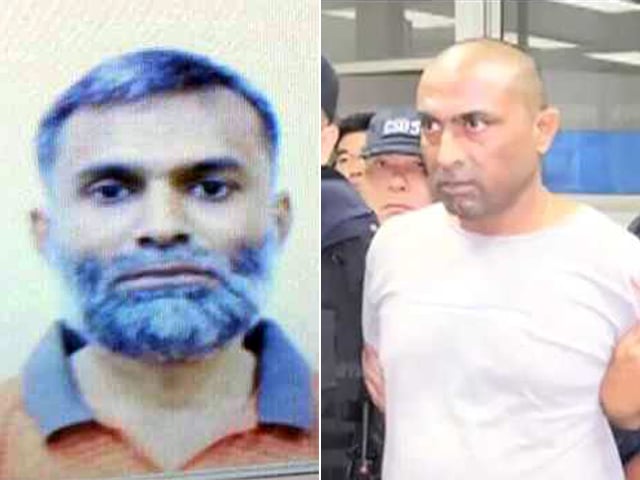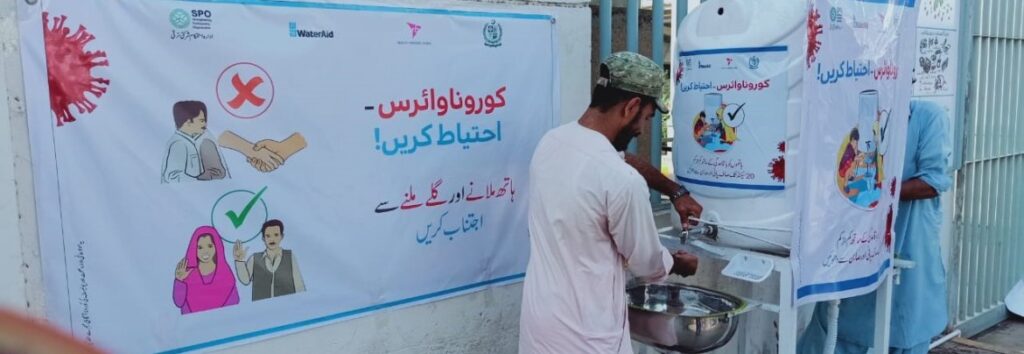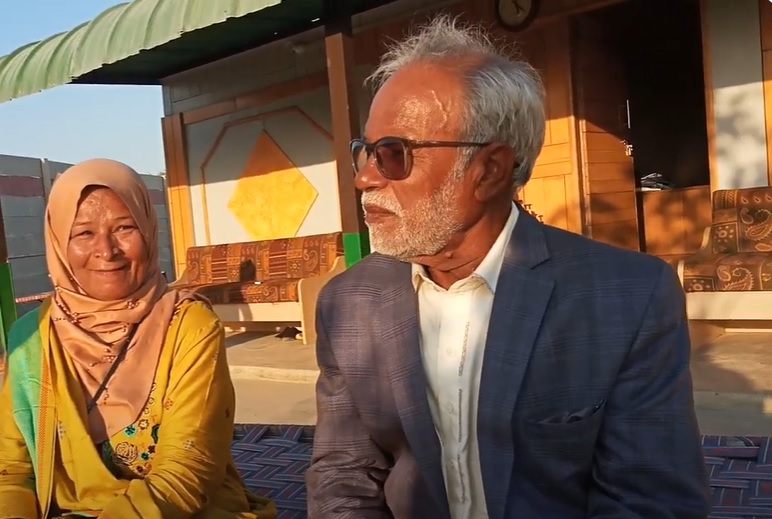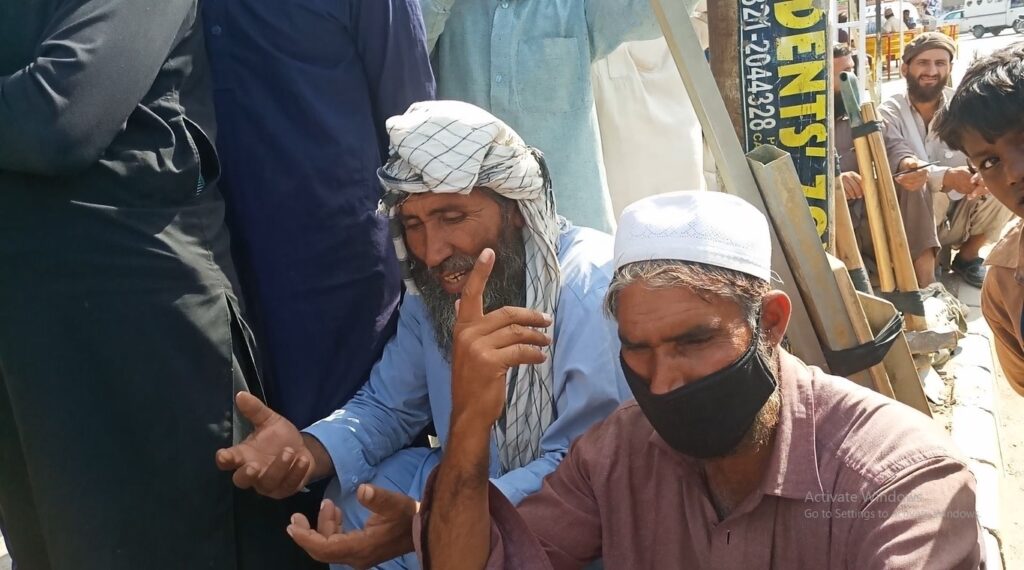By Shujauddin Qureshi
An Anti-Terrorism Court on Tuesday (Sep. 22, 2020) announced its verdict in the Baldia Factory Fire incident, in which over 256 workers were burnt alive and 55 others were injured. The ATC court awarded capital punishment to the two main accused and jail terms to the other four charged in the fire incident case in Ali Enterprises, commonly known as the Baldia Factory Fire incident. Other MQM accused, including ex-minister for Industries Rauf Siddiqui, were set free due to a lack of evidence.
After eight years, the decision has been announced by a court of law. According to the verdict, two office bearers of Muttahida Quomi Movement (MQM), including the then sector in-charge Abdul Rehman, alias Bhola, and M. Zubair, alias Chariya, were awarded the death penalty. Security guards of the garment manufacturing factory of Ali Enterprises and MQM workers Shahrukh Latif, Fazal Ahmed, Arshad Mehmood, and Ali Mohammad were awarded jail terms.
Besides Rauf Siddiqui, three accused who were freed included Iqbal Adeel Khanum, Dr. Abdul Sattar Khan, and Ali Hasan Qadri.
The accused had allegedly acted on the instructions of the then chief of MQM’s Karachi Tanzeemi Committee, Hammad Siddiqui, over the non-payment of Rs 250 million of protection money by the factory’s owners. MQM had reportedly demanded a 50% share in the factory owners. Hammad Siddiqui is absconding in the case, and no term is awarded to him in this case.
Baldia Factory Fire Incident – Were Factory Owners Innocent?
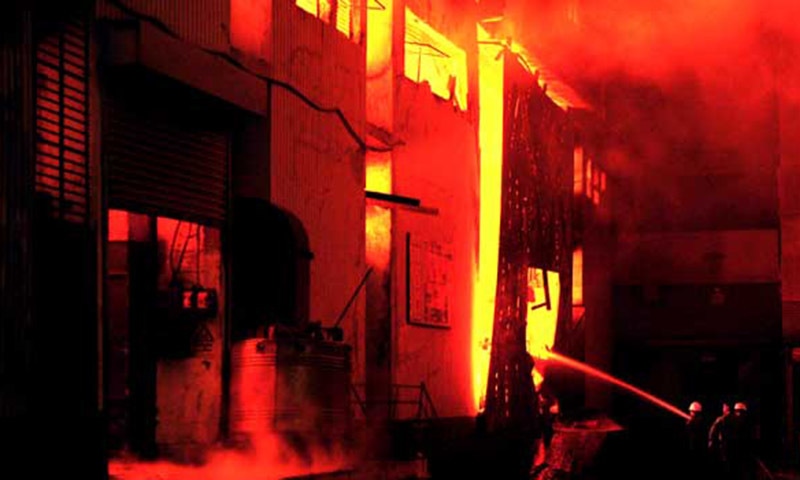
The textile garments manufacturing factory, Ali Enterprises, in the SITE industrial area, Baldia town in the big industrial city of Pakistan, Karachi, was producing textile garment products for its European buyers. Interestingly, an Italy-based third-party international certification company, RINA, had issued an SA-8000 certificate to the exporting factory, despite the fact it was not locally registered with the Sindh Labour Department for mandatory labour inspection. This has resulted in a ban on RINA in Pakistan and its international affiliate, SAI (Social Accountability International).
This incident was the worst-ever factory fire incident in the industrial history of Pakistan, as it shocked the world, and condemnation poured into the country after this gory incident. The factory was mainly supplying textile garment products to its German buyer, KiK Textilien, which was procuring stitched garment products in bulk from it.
Local police arrested the factory owners just after the incident on charges of negligence and closure of the exit points in the factory premises, but they managed to get bail from courts, being highly influential at the federal government level, as the then Prime Minister Raja Pervaiz Ashraf (2012-2013) had assured the local businessmen at a reception hosted by the Karachi Chamber of Commerce and Industry (KCCI) that the accused owners would be treated softly. Later, they also left the country along with their families and are now settled in Dubai, UAE.
At the time of the fire incident, over 500 workers out of a total of 1500 were busy in the work at the factory. Many who were working on the lower floors managed to flee to save their lives, but those sitting on the upper floors were trapped as the exit points were closed down by the owners in fear of stealing their products. The wooden mezzanine floor also collapsed, which hindered the safe exit passage to the ground floor. The delayed rescue and non-availability of water to the municipal fire tenders resulted in the complete burning of the building inside.
The case took a major turn when the name of a major political party of the urban Sindh, MQM, surfaced for allegedly being directly involved in the blaze over a dispute with the owners over payment of extortion money. The fact surfaced, and the ablaze case was turned into a case of sabotage, extortion, and terrorism. This gave a benefit to the factory owners, who are still at large and live abroad, enjoying pleasures.
All the accused who are sentenced by ATC belong to the Muttahida Quomi Movement (MQM), led by its self-exiled leader Altaf Hussain, who currently lives in London. Then, Sindh Minister for Industries Rauf Siddiqui was among the accused but was freed by the court.
The name of Sindh Urban’s political party, MQM, first surfaced after many years of the case when Pakistan Rangers released details of a Joint Investigation Team (JIT) report in which an accused revealed the details of the involvement of MQM leadership in this case.
According to the JIT report, the MQM, which was in the government at that time and had full control over the City District Government of Karachi, had demanded extortion money from the factory owners, who refused to pay a huge amount. This was confirmed by the owners themselves in an interview.
Interestingly, the owners stated that after the incident, the accused minister and other party leaders had demanded an additional amount of PKR 50.9 million to be paid to the deceased families, which was received by two accused, Ali Hasan Qadri and Dr Abdul Sattar Khan, but never paid to the victims’ families.
Although the deceased workers’ families have received adequate compensation paid by the German buyer (a small amount contributed by the factory owners) through the Sindh High Court commission, led by Justice (Retd) Rahmat Hussain Jeffery. Local labour support organization Pakistan Institute of Labour Education and Research (PILER) signed a Memorandum of Understanding with KiK Textilien in December 2012. Under the MoU, the German company also paid US$ $ 1 million in 2013 for immediate relief. International organizations of the workers, like Clean Clothes Campaign, IndustriAll and others, have also supported PILER.
The victims’ families are also receiving monthly pensions through the provincial government’s Sindh Employees Social Security Institution (SESSI). The German company KiK had paid an additional amount of US$ $ 5.15 million through the ILO under the agreement with PILER. The entire amount remained with the ILO headquarters in Geneva, and a pension is provided to the families from that amount after every three months through SESSI.
Today’s decision is a landmark in the history of the judiciary, as the main accused have been taken to task and the families have been demanding it for the last eight years.

